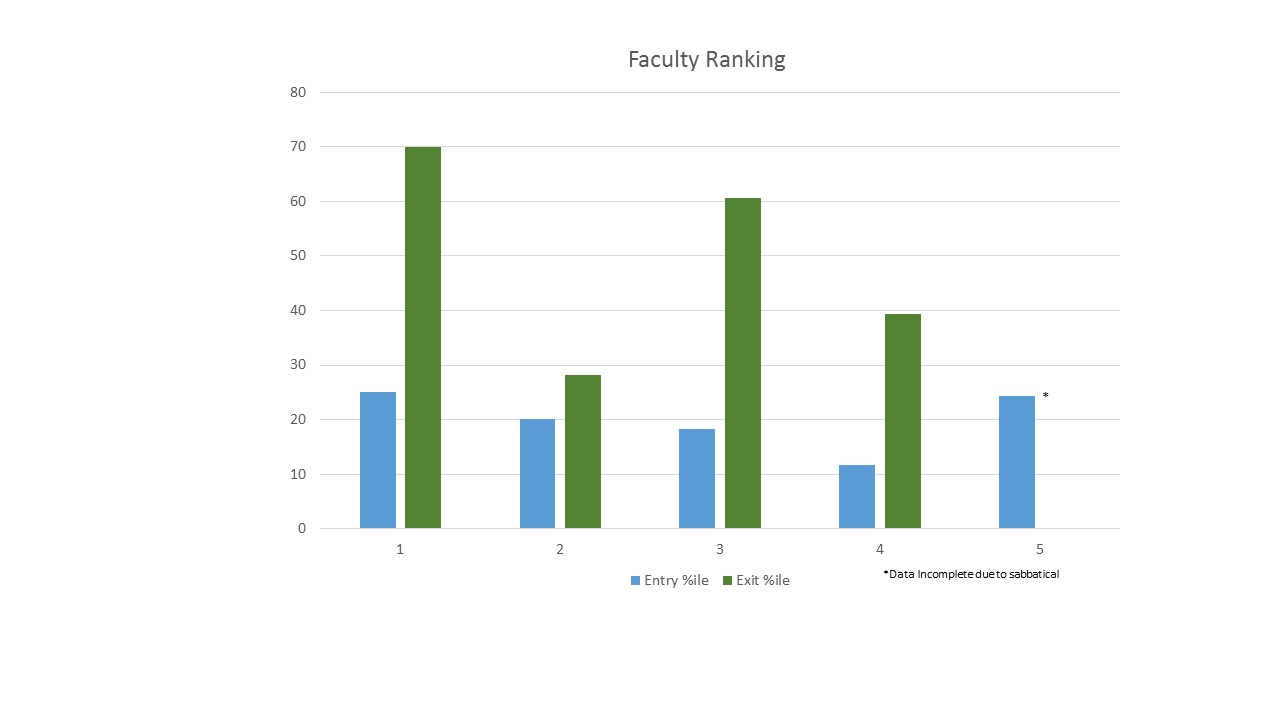Background: Robust faculty development programs are useful for teaching hospitalists who are often providing the largest portion of the education experience for residents in internal medicine and is key to maintaining institutional competence. This requires setting standards, assessing performance and providing developmental pathways, especially for faculty performing below standards. Community hospitals may not always have sufficient administrative time for developing and maintaining comprehensive programs. In these cases, there may also be a need to introduce a program gradually as clear expectations are communicated and adopted by faculty.
Purpose: Our institution addressed the need to introduce faculty development by introducing a peer coaching pilot.
Description: Based on resident evaluations, hospital medicine faculty were selected from the bottom quartile as ranked among all teaching faculty. Those targeted were able to opt into the pilot. All who opted in were scheduled for up to 3 coaching sessions with a colleague. Objectives included: 1) Review resident input 2) Identify and strategize sustainable optimization of faculty strengths 3) Identify areas of opportunity for skill development 4) Use shared decision making for goal setting and 5) document goals and a timeline for follow-up. Success was measured in percent enrollment and completion of the program, and post-intervention percentile raking. All 5 hospitalists (100%) eligible for the pilot opted to enroll and completed the program over 6 months. Themes for behavioral goals included creating a safe learning environment, supporting resident autonomy and burnout. Program participation was perceived positively by both the coach and enrolled faculty. In the following cycle of evaluations 4 participants moved out of the bottom quartile (one participant had incomplete data due to sabbatical) and one was nominated by residents for a teacher of the year award.
Conclusions: Peer coaching encourages reflection and learning, is experienced as beneficial by the coaches, as well as those coached, and can be an effective way to introduce a faculty development without high utilization of administrative time. Future steps include expending trained coaches throughout the section and targeting performance in areas outside of resident teaching.

